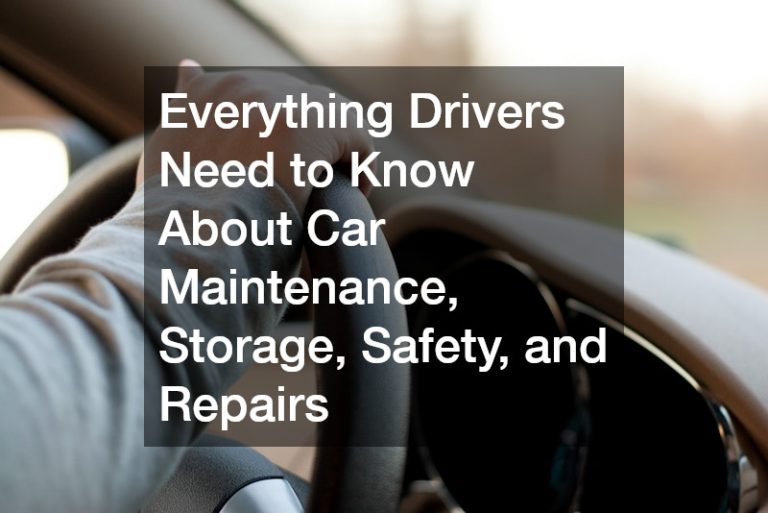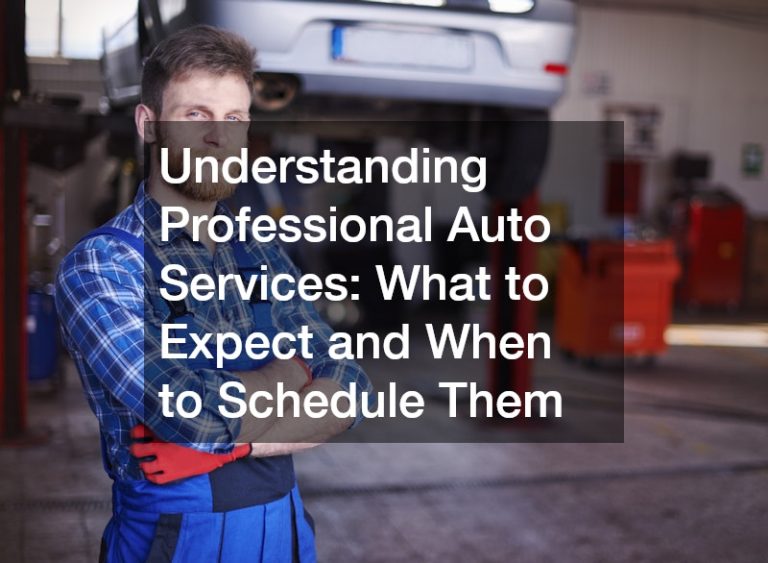


Getting a car can be a momentous occasion. For many people, it may be the first big purchase they make in their lifetime. For others, it’s a new chance to get to work, school, or leisure activities easily without worrying about breaking down along the way. Used cars for sale often make that possibility a reality, in terms of finances. Used cars are a more affordable option, and these days don’t necessarily mean a clunker — there are plenty of one-owner vehicles that can run for years and are in mint condition, just waiting for their next owner. Indeed, the average vehicle will have around three owners in its lifespan! Privately sold used cars can also generate some money for those selling it, though buying used cars from a lot can sometimes be a bit more reputable. If you’re thinking about getting a new car, consider looking at used cars for sale, which may only be a year or two old, but still be operating in great condition.
What Should You Know About Used Vehicles?
The Used Vehicle Market report of 2015 reported that there were almost 40 million used vehicle sales that year, which was the best in eight years. Generally most people tend to look for a used vehicle that’s priced under $5,000. This number is tallied between private-party and dealership sales. Do keep in mind, however, that many banks will not give you a car loan for a car that is older than four or five years. If you’re thinking about purchasing a vehicle that’s under five years of age, try looking at a pre-owned dealership.
Do your research, in order to make sure that you’re getting the best bargain for your money and that you’re getting what you need. Have an idea of what kind of car you want — that will help narrow down your price range, as well as your ideal features.
Why Buy a Used Car?
Perhaps the most prominent reason to buy a used car is for the money you can save. Used cars — whether you look at used car dealers or privately — are generally considerably less expensive than buying a brand new car off a lot. There are plenty of options at used car dealers, so you’re not as limited as in previous years, about make, model, and year.
Purchasing a used vehicle can also help minimize the depreciation you see in your vehicle. A new car depreciates incredibly quickly, so you’ll never recoup that amount of money that you originally paid for it. If you buy a used car and end up selling it in a year or so, you may end up getting fairly close to the amount you paid for it, depending on use and general wear and tear.
Your car insurance may also be reduced if you buy a used car. Theft, for example, is perhaps not so much of a risk if you have an older model than if you buy a new car straight off the lot.
What Should I Know Before Buying a Used Car
First of all, figure out your budget before going on the hunt. Knowing exactly how much you have to spend will help narrow down your options. Make sure you have access to the vehicle history report, which can help you determine whether or not the car you’re purchasing is reliable. Be sure to test drive the car before you buy it — you want to see how it operates and how you feel in the car. Don’t be afraid to negotiate, either! Most car dealers will expect some negotiation, and if it’s a private deal, so much the better! Also consider trying to have the car inspected by a mechanic before you purchase — he or she may be able to pinpoint areas you’ll need work on in the future and can advise if the car is a good purchase or not.
Buying a “new” car doesn’t have to break the bank! Consider looking at used cars for sale. Those used cars for sale could turn out to be the best buy you ever made and last you for quite a few years!



